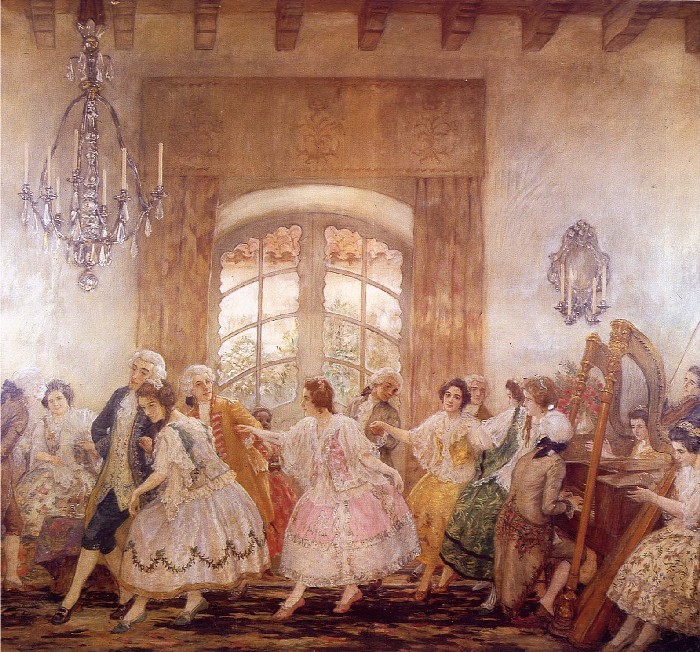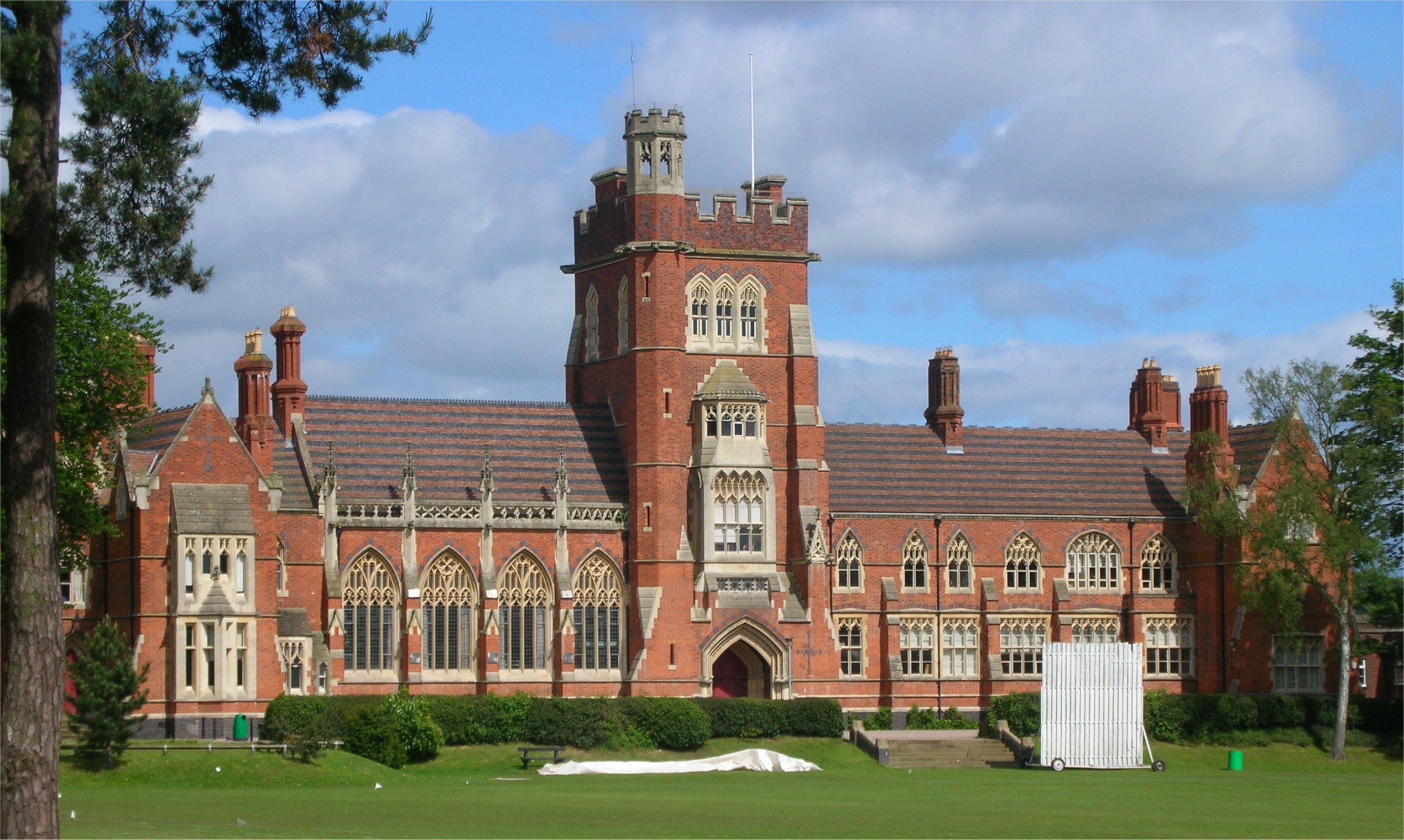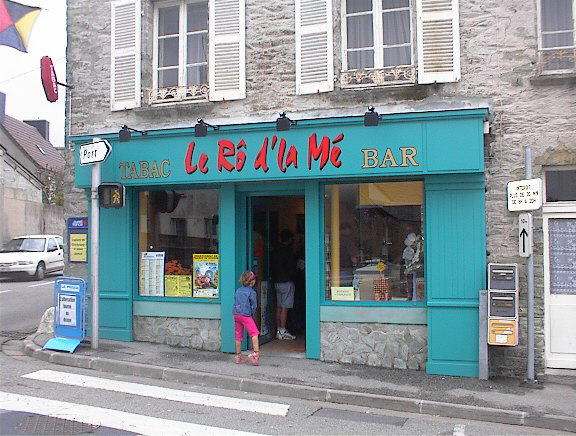|
Anglicization
Anglicisation or anglicization is a form of cultural assimilation whereby something non-English becomes assimilated into or influenced by the culture of England. It can be sociocultural, in which a non-English place adopts the English language or culture; institutional, in which institutions are influenced by those of England or the United Kingdom; or linguistic, in which a non-English term or name is altered due to the cultural influence of the English language.Bridge, Carl, and Fedorowich, Kent. ''The British World: Diaspora, Culture, and Identity'', 2003, p. 89. "Beyond gaps in our information about who or what was affected by anglicisation is the matter of understanding the process more fully in terms of agency, periodisation, and extent and limitations." It can also refer to the influence of English soft power, which includes media, cuisine, popular culture, technology, business practices, laws and political systems. Anglicisation first occurred in the British Isles, when ... [...More Info...] [...Related Items...] OR: [Wikipedia] [Google] [Baidu] |
Anglicisation (linguistics)
In linguistics, anglicisation or anglicization is the practice of modifying foreign words, names, and phrases to make them easier to spell, pronounce or understand in English. The term commonly refers to the respelling of foreign words or loan words in English, often to a more drastic degree than that implied in, for example, romanisation. One instance is the word "dandelion", modified from the French ''dent-de-lion'' ("lion's tooth", a reference to the plant's sharply indented leaves). The term can also refer to Phonology, phonological Hobson-Jobson#Law of Hobson-Jobson, adaptation without spelling change: for example, ''pasta'' (pronounced in Italian) is accepted in English with Italian spelling, but anglicised phonetically in being pronounced in American English and in British English. The anglicisation of non-English words for use in English is just one case of the more widespread Loanword, domestication of foreign words that is a feature of many languages, sometimes involv ... [...More Info...] [...Related Items...] OR: [Wikipedia] [Google] [Baidu] |
Cultural Assimilation
Cultural assimilation is the process in which a minority group or culture comes to resemble a society's Dominant culture, majority group or fully adopts the values, behaviors, and beliefs of another group. The melting pot model is based on this concept. A related term is cultural integration, which describes the process of becoming economically and socially integrated into another society while retaining elements of one’s original culture. This approach is also known as cultural pluralism, and it forms the basis of a cultural mosaic model that upholds the preservation of cultural rights. Another closely related concept is acculturation, which occurs through cultural diffusion and involves changes in the cultural patterns of one or both groups, while still maintaining distinct characteristics. There are various types of cultural assimilation, including full assimilation and forced assimilation. Full assimilation is common, as it occurs spontaneously. Assimilation can also invol ... [...More Info...] [...Related Items...] OR: [Wikipedia] [Google] [Baidu] |
Scottish People
Scottish people or Scots (; ) are an ethnic group and nation native to Scotland. Historically, they emerged in the Scotland in the Early Middle Ages, early Middle Ages from an amalgamation of two Celtic peoples, the Picts and Gaels, who founded the Kingdom of Scotland (or ''Kingdom of Alba, Alba'') in the 9th century. In the following two centuries, Celtic-speaking Hen Ogledd, Cumbrians of Kingdom of Strathclyde, Strathclyde and Germanic-speaking Anglo-Saxons, Angles of Northumbria became part of Scotland. In the Scotland in the High Middle Ages, High Middle Ages, during the 12th-century Davidian Revolution, small numbers of Normans, Norman nobles migrated to the Lowlands. In the 13th century, the Norse-Gaels of the Kingdom of the Isles, Western Isles became part of Scotland, followed by the Norsemen, Norse of the Northern Isles in the 15th century. In modern usage, "Scottish people" or "Scots" refers to anyone whose linguistic, cultural, family ancestral or genetic origin ... [...More Info...] [...Related Items...] OR: [Wikipedia] [Google] [Baidu] |
Culture Of England
The culture of England is diverse. Owing to England's influential position within the United Kingdom it can sometimes be difficult to differentiate English culture from the culture of the United Kingdom as a whole. However, tracing its origins back to the early Anglo-Saxon era, England cultivated an increasingly distinct cultural heritage. This cultural development persisted throughout the subsequent Anglo-Norman era, and the reign of the Plantagenet dynasty. Humour, tradition, and good manners are characteristics commonly associated with being English.; England has made significant contributions in the world of literature, cinema, music, art and philosophy. The secretary of state for culture, media and sport is the government minister responsible for the cultural life of England. Many scientific and technological advancements originated in England, the birthplace of the Industrial Revolution. The country has played an important role in engineering, democracy, shipbuildin ... [...More Info...] [...Related Items...] OR: [Wikipedia] [Google] [Baidu] |
Anglophile
An Anglophile is a person who admires or loves England, its people, its culture, its language, and/or its various accents. In some cases, Anglophilia refers to an individual's appreciation of English history and traditional English cultural icons such as William Shakespeare, Jane Austen, Samuel Johnson, and Gilbert and Sullivan. Anglophilia may also be characterized by a fondness for the British monarchy, its system of government, and other institutions such as Royal Mail, as well as nostalgia for the former British Empire and the English class system. Anglophiles may enjoy English actors, actresses, authors, cars, comedians, fashion, films, magazines, motorcycles, musicians, radio, subcultures, television series, and traditions. Anglophiles may use British English instead of American English, for example writing "colour" instead of "color", "centre" instead of "center", and "traveller" instead of "traveler". In 2012, BBC News Online and ''The New York Times'' reported that t ... [...More Info...] [...Related Items...] OR: [Wikipedia] [Google] [Baidu] |
Upper Class
Upper class in modern societies is the social class composed of people who hold the highest social status. Usually, these are the wealthiest members of class society, and wield the greatest political power. According to this view, the upper class is generally distinguished by immense wealth which is passed on from generation to generation. Prior to the 20th century, the emphasis was on ''aristocracy'', which emphasized generations of inherited noble status, not just recent wealth. Because the upper classes of a society may no longer rule the society in which they are living, they are often referred to as the old upper classes, and they are often culturally distinct from the newly rich middle classes that tend to dominate public life in modern social democracies. According to the latter view held by the traditional upper classes, no amount of individual wealth or fame would make a person from an undistinguished background into a member of the upper class as one must be born in ... [...More Info...] [...Related Items...] OR: [Wikipedia] [Google] [Baidu] |
Government Of The United Kingdom
His Majesty's Government, abbreviated to HM Government or otherwise UK Government, is the central government, central executive authority of the United Kingdom of Great Britain and Northern Ireland.Overview of the UK system of government : Directgov – Government, citizens and rights Archived direct.gov.uk webpage. Retrieved on 29 August 2014. The government is led by the Prime Minister of the United Kingdom, prime minister (Keir Starmer since 5 July 2024) who appoints all the other British Government frontbench, ministers. The country has had a Labour Party (UK), Labour government since 2024 United Kingdom general election, 2024. The ... [...More Info...] [...Related Items...] OR: [Wikipedia] [Google] [Baidu] |
Education In England
Education in England is overseen by the Department for Education. Local government in England, Local government authorities are responsible for implementing policy for public education and State-funded schools (England), state-funded schools at a local level. State-funded schools may be selective ''grammar schools'' or non-selective Comprehensive school (England and Wales), ''comprehensive schools''. All state schools are subject to assessment and inspection by the government department Ofsted (the Office for Standards in Education, Children's Services and Skills). England also has Private schools in the United Kingdom, private schools (some of which are known as public school (United Kingdom), ''public schools'') and homeschooling, home education; legally, parents may choose to educate their children by any suitable means. The state-funded compulsory school system is divided into ''Key Stages'', based upon the student's age by August 31. The Early Years Foundation Stage is f ... [...More Info...] [...Related Items...] OR: [Wikipedia] [Google] [Baidu] |
Victorian Era
In the history of the United Kingdom and the British Empire, the Victorian era was the reign of Queen Victoria, from 20 June 1837 until her death on 22 January 1901. Slightly different definitions are sometimes used. The era followed the Georgian era and preceded the Edwardian era, and its later half overlaps with the first part of the ''Belle Époque'' era of continental Europe. Various liberalising political reforms took place in the UK, including expanding the electoral franchise. The Great Famine (Ireland), Great Famine caused mass death in Ireland early in the period. The British Empire had relatively peaceful relations with the other great powers. It participated in various military conflicts mainly against minor powers. The British Empire expanded during this period and was the predominant power in the world. Victorian society valued a high standard of personal conduct across all sections of society. The Victorian morality, emphasis on morality gave impetus to soc ... [...More Info...] [...Related Items...] OR: [Wikipedia] [Google] [Baidu] |
Norman Language
Norman or Norman French (, , Guernésiais: , Jèrriais: ) is a ''Langues d'oïl, langue d'oïl'' spoken in the historical region, historical and Cultural area, cultural region of Normandy. The name "Norman French" is sometimes also used to describe the administrative languages of ''Anglo-Norman language, Anglo-Norman'' and ''Law French'' used in England. For the most part, the written forms of Norman and modern French are mutually intelligible. The thirteenth-century philosopher Roger Bacon was the first to distinguish it along with other dialects such as Picard language, Picard and Burgundian language (Oïl), Bourguignon. Today, although it does not enjoy any official status outside of Jersey, some reports of the French Ministry of Culture (France), Ministry of Culture have recognized it as one of the regional languages of France. History When Norsemen, Norse Vikings from modern day Scandinavia arrived in Neustria, in the western part of the then Kingdom of the Franks, and ... [...More Info...] [...Related Items...] OR: [Wikipedia] [Google] [Baidu] |
Channel Islands
The Channel Islands are an archipelago in the English Channel, off the French coast of Normandy. They are divided into two Crown Dependencies: the Jersey, Bailiwick of Jersey, which is the largest of the islands; and the Bailiwick of Guernsey, consisting of Guernsey, Alderney, Sark, Herm and some smaller islands. Historically, they are the remnants of the Duchy of Normandy. Although they are not part of the United Kingdom, the UK is responsible for the defence and international relations of the islands as it is for the other Crown Dependency, the Isle of Man, and the British Overseas Territories. The Crown Dependencies are neither members of the Commonwealth of Nations, nor part of the European Union. They have a total population of about , and the bailiwicks' Capital city, capitals, Saint Helier and Saint Peter Port, have populations of 33,500 and 18,207 respectively. "Channel Islands" is a geographical term, not a political unit. The two bailiwicks have been administered sepa ... [...More Info...] [...Related Items...] OR: [Wikipedia] [Google] [Baidu] |
St Helier
St Helier (; Jèrriais: ; ) is the Capital city, capital of Jersey, the largest of the Channel Islands in the English Channel. It is the most populous of the twelve parishes of Jersey, with a population of 35,822, over one-third of the island's total population. The town of St Helier is the largest settlement and only town of Jersey. The town consists of the built-up areas of St Helier, including First Tower, and parts of the parishes of Saint Saviour, Jersey, St Saviour and Saint Clement, Jersey, St Clement, with further suburbs in surrounding parishes. The greater part of the parish of St Helier is rural. It covers a surface area of , being 9% of the total land area of the island (this includes Land reclamation, reclaimed land area of or 200 hectare, ha). The town sits by the coast in the southeastern corner of the parish. Within it lies the main commercial district and the principal harbour of the island. As the capital, it also hosts the island's government, parlia ... [...More Info...] [...Related Items...] OR: [Wikipedia] [Google] [Baidu] |








